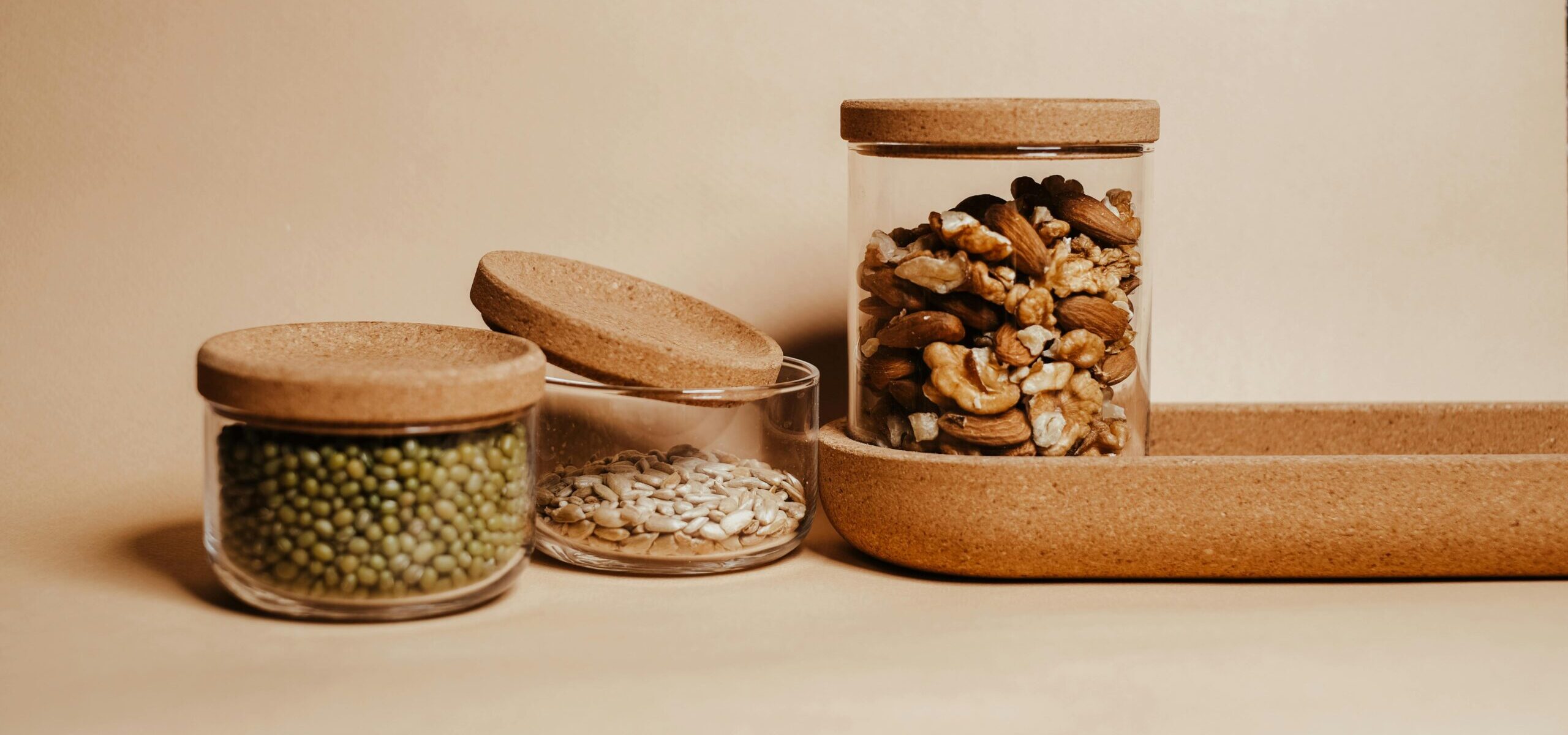Small Intestinal Bacterial Overgrowth (SIBO) is a condition where excessive bacteria grow in the small intestine, leading to symptoms like bloating, abdominal pain, diarrhea, and malnutrition. Managing SIBO can be challenging with medications alone, thus many individuals are seeking natural treatments to alleviate their symptoms and restore gut health. We will explore various natural remedies and lifestyle changes that can support SIBO treatment, backed by scientific research and years of clinical experience.
Understanding SIBO
SIBO occurs when the normal balance of bacteria in the small intestine is disrupted. This overgrowth can be caused by various factors, including:
– Motility Disorders: Conditions that affect the movement of the intestines, such as irritable bowel syndrome (IBS), gastroparesis, diabetes, neurological conditions, etc.
– Structural Abnormalities: Anatomical issues that impede the normal flow of food and bacteria which could be from surgery, trauma, or congenital
– Dietary Factors: Diets high in sugar and refined carbohydrates can promote bacterial overgrowth (1)
–External Causes: Infections or medications may influence bacterial overgrowth in the small intestine
Natural Treatments for SIBO
1. Dietary Changes
There are so many different dietary changes suggested in SIBO. You need to find a diet plan that provides you the best nutrition as well as symptom management while you work with a knowledgeable licensed healthcare provider.
– Low-FODMAP Diet: restricts certain carbohydrates that ferment in the gut. FODMAPs (Fermentable Oligosaccharides, Disaccharides, Monosaccharides, and Polyols) can exacerbate your symptoms by feeding the overgrown bacteria (2).
– Specific Carbohydrate Diet (SCD): eliminates certain carbohydrates to reduce bacterial fermentation in the gut.
– Elemental Diet: a liquid formula that provides all essential nutrients in a pre-digested, easily absorbable form. The primary goal of the elemental diet in the context of SIBO is to “starve” the overgrown bacteria by depriving them of the fermentable carbohydrates they need while still providing your body with necessary nutrients (3).
2. Herbal Antibiotics
Herbal treatments can be effective in treating SIBO by targeting the overgrowth of bacteria. Some well-studied herbal antibiotics include Oregano Oil, a garlic extract called Allicin, and herbal constituent Berberine (4). Pomegranate is an up-and-coming herb that may be beneficial in dysbiosis or SIBO. (5)
3. Probiotics and Prebiotics
Probiotics are beneficial bacteria that can help restore the gut microbiome balance. However, their use in SIBO treatment is controversial, as some strains may exacerbate your symptoms while other are helpful. Similarly, prebiotics, foods that are fermented by bacteria, may or may not aggravate your symptoms.
Research suggests that specific strains, such as Lactobacillus plantarum and Saccharomyces boulardii, may help alleviate SIBO symptoms without causing bloating (6). Talk with your licensed Naturopathic Doctor to determine the best probiotic strains and prebiotics for you.
4. Digestive Enzyme
Digestive enzymes can aid in the proper digestion of food, potentially reducing the food available for bacteria to ferment. Incorporating a high-quality digestive enzyme supplement before meals may help manage SIBO symptoms.
5. Lifestyle Changes
– Stress Management: Techniques such as yoga, meditation, and deep-breathing exercises can help reduce stress levels. A study published in the Journal of Clinical Psychology found that mindfulness meditation improved gastrointestinal symptoms in patients with IBS (7).
– Regular Exercise: Exercise has been shown to positively influence gut microbiota diversity and balance. Aim for at least 150 minutes of moderate exercise per week.
– Gut Directed Hypnotherapy: a specialized form of hypnotherapy that uses relaxation and suggestion techniques to address the connection between the brain and the gut, aiming to alleviate symptoms and improve the functioning of the gastrointestinal system. This Vagus Nerve training may help regulate motility.
In Conclusion
Managing SIBO through natural treatments is possible and can lead to significant symptom relief. By adopting dietary changes, utilizing herbal antibiotics, considering probiotics and digestive enzymes, and making lifestyle adjustments, individuals can take proactive steps toward restoring gut health. As always, it’s essential to consult with a knowledgeable licensed healthcare provider before starting any new treatment, especially for managing SIBO, to ensure it aligns with your health needs.
References
- Ghoshal, U. C., Shukla, R., and Ghoshal, U. (2017). Small Intestinal Bacterial Overgrowth and Irritable Bowel Syndrome: A Bridge between Functional Organic Dichotomy. Gut and Liver, 11(2), 196-208.
- Souza, C., Rocha, R., and Cotrim, H. P. (2022). Diet and intestinal bacterial overgrowth: Is there evidence? World J Clin Cases, 10(15), 4713-4716.
- Brown, A. C. (2016). An Alternative Therapy for Small Intestinal Bacterial Overgrowth: Elemental Diet. Alternative Therapies in Health and Medicine.
- Zhang, L., et al. (2021). Effects of Berberine on the Gastrointestinal Microbiota. Front Cell Infect Microbiol.
- Chedid, V., et. al. (2014). Herbal therapy is equivalent to rifaximin for the treatment of small intestinal bacterial overgrowth. Glob Adv Health Med. 3(3), 16-24.
- Zhong, C., et al. (2017). Probiotics for Preventing and Treating Small Intestinal Bacterial Overgrowth: A Meta-Analysis and Systematic Review of Current Evidence. J. Clin Gastroenterol. 51(4), 300-311.
- Babos, C.I, Leucuta, D.C, and Dumitrascu, D.L. (2022). Meditation and Irritable Bowel Syndrome, a Systematic Review and Meta-Analysis. J Clin Med., 11(21), 6516.
- Hauser, W. (2024). Gut-directed hypnosis and hypnotherapy for irritable bowel syndrome: a mini-review. Front. Psychol. (15).



